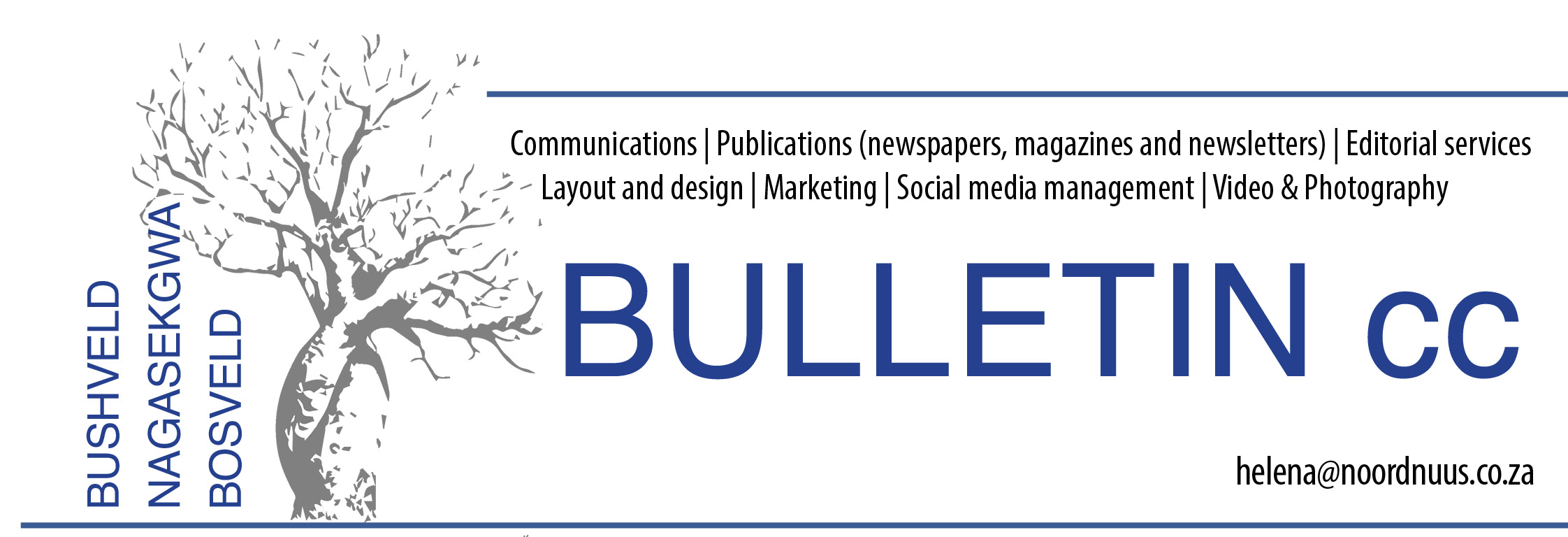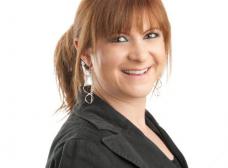How to prevent noise-induced hearing loss
Noise-induced hearing loss is the only kind of hearing loss we have the power to prevent and yet research shows that one in four teenagers are at risk of developing hearing loss at an earlier age because of it. We live in a world that embraces the enjoyment of sound in all its various shapes and forms, ranging from personal entertainment devices such as smartphones through to high powered surround-sound entertainment units and live entertainment events such as concerts and clubs.
Most people are however not aware of the fact that hearing loss caused by excessive noise exposure to recreational or occupational sources of sound: Is irreversible. “Noise-induced hearing loss happens because excessive noise damages some of the hearing mechanisms in the inner ear,” says Tally Sherban, a Client Relations Executive at Oticon South Africa, a leading hearing aid manufacturer. “It’s not just the mega sounds such as a gunshot that does the damage, but repeated exposure to loud sounds will do the same,” she warns.
What damages our hearing is the intensity and duration of the sound. Sound is measured in decibels (dB), where 0 dB is the faintest sound the human ear can detect and 180 dB would be the noise a rocket makes as it launches. In our daily lives, normal conversation would be at the 60 dB level, a lawn mower would be at 90 dB, a chain saw at 100 dB, a rock concert would be at 115 dB and a jet engine would be at 140 dB. Research proves that prolonged exposure to more than 85 dB will result in permanent damage to hearing.
According to the Code of Practice for the Measurement and Assessment of Occupational Noise for Hearing Conservation Purposes, SABS 083, of the Occupational Health and Safety Act, it is stipulated that no employer shall require or permit an employee to work in an environment in which he/she is exposed to an equivalent noise level equal to 85 dB or higher without the use of hearing protection devices.
Personal Listening Devices (PLD) have never been a more integral part of our South African landscape with earphones plugged into many people’s ears while they jog, commute or drive. “MP3 players often shoot sound levels from 91 dB – 139 dB straight into both ears,” says Tally. “They do even more damage because the small inserted earpieces sit directly in the ears,” she adds.
“Being able to tune in to your favourite music anytime and anywhere is convenient and fun, but the price of listening to high-octane music, day after day, can be very high. Think holistically about your total sound exposure during the day,” says Tally. “The simplest way to start protecting your hearing is by limiting the amount of time you expose your ears to loud noise.”
Stay as far away from the source of noise as possible.
Walk away when sounds get too loud.
At home, turn down the volume on the television, radio, stereo and MP3 player.
In noisy environments, try to rest your ears as frequently as possible.
Never use a PLD at more than 60% of its maximum volume and not for more than 60 minutes a day.
If you have a choice, rather use cushioned earphones than small insert earphones.
If you are exposed to sudden loud noise, use earplugs. These can be foam earplugs that can be bought over the counter at most chemists or custom-made earplugs if you are going to be exposed to loud noises on a regular basis.
Noise-induced hearing loss typically results in difficulty understanding speech, particularly in a noisy environment. Sometimes the damage results in a condition called tinnitus, or ringing in the ears, and this may be the first sign of cochlear damage. “Damage to the auditory system is a cumulative process. Once injury from loud noise is sufficiently severe enough to be measured on a standard hearing test, the damage is substantial and irreversible. Noise-induced hearing loss can however be treated with hearing aids, but as the old adage goes, ‘prevention is better than cure’,” explains Tally.
“It is crucial to be aware of the type of sounds that could possibly damage your hearing over a prolonged period of time and to manage your exposure to these sounds.













0 Comments